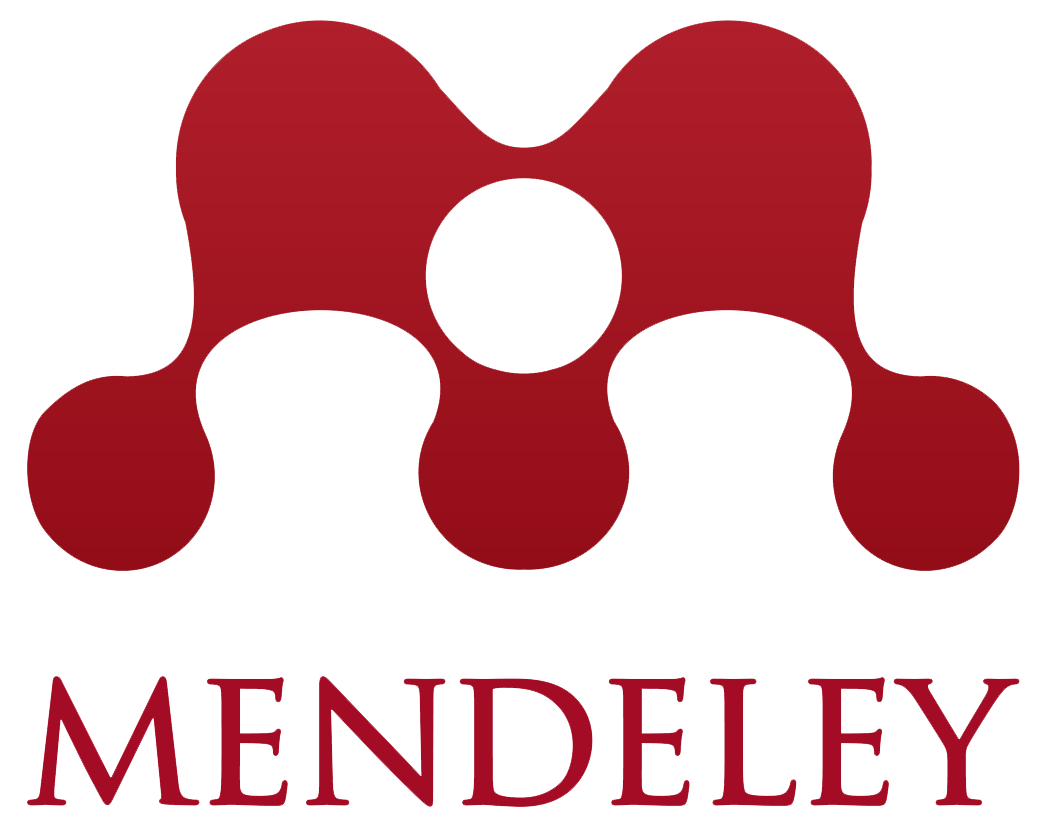The Effectiveness of Problem Based Learning Model in Learning Reading Skills/ فعالية نموذج التعلم القائم على المشكلات في مهارة القراءة
DOI:
https://doi.org/10.69988/jba.v2i1.37Keywords:
Learning Model, Problem Based Learning, Reading SkillsAbstract
This research is based on several problems found at the research location, including the lack of interest in learning TPQ students in learning Arabic, students still having difficulty pronouncing sentences correctly and understanding the meaning of texts in Arabic, and the ineffective use of the learning model used. These problems result in students becoming easily bored and unable to understand Arabic reading rules. This research aims to (1) describe the application of the Problem-Based Learning model in learning reading skills at TPQ Nurul Huda Dinoyo and (2) to determine the effectiveness of using the Problem-Based Learning model in improving the reading skills ability of TPQ Nurul Huda Dinoyo students. This research uses an experimental-based quantitative approach with a quasi-experimental design and a non-equivalent control group design type. The variables used are independent variables and dependent variables. The data collection techniques used were observation, tests, and questionnaires. The data analysis used was the Shapiro-Wilk normality test, the descriptive analysis homogeneity test, and the Paired Sample T-Test hypothesis test. The results of this study are: (1) the application of the Problem-Based Learning model in learning reading skills is overall good and effective to be used as a learning model in learning reading skills because it can increase the activeness, interest in learning, and learning outcomes of students compared to the conventional learning model that has been used at TPQ Nurul Huda Dinoyo. (2) Based on the results of the pre-test and post-test of the control and experimental groups, it was found that the experimental group using the Problem-Based Learning model had a higher score increase than the control group. The results of the Paired Sample T-Test hypothesis test showed a Sig. (2-tailed) 0.001 < 0.05, so H0 is rejected, and Ha is accepted. So, applying the Problem-Based Learning model effectively improves the reading skills of TPQ Nurul Huda Dinoyo students.
References
Amin, I. (2021). Al Musykilat Al-Lughawiyah fi Ta'lim Al-Lughah Al-Arabiyah Laday Thalabah fi Indonesia. Thariqah Ilmiah: Jurnal Ilmu-Ilmu Kependidikan Dan Bahasa Arab, 9(2), 102–117. https://doi.org/10.24952/thariqahilmiah.v8i2.3139 DOI: https://doi.org/10.24952/thariqahilmiah.v8i2.3139
Anggraini, F. D. P., Aprianti, A., Setyawati, V. A. V., & Hartanto, A. A. (2022). Pembelajaran Statistika Menggunakan Software SPSS untuk Uji Validitas dan Reliabilitas. Jurnal Basicedu, 6(4), 6491–6504. https://doi.org/10.31004/basicedu.v6i4.3206 DOI: https://doi.org/10.31004/basicedu.v6i4.3206
Anshori, M., & Iswati, S. (2014). Uji Validitas dan Reliabilitas Instrumen Penelitian Kuantitatif. Jurnal Ilmiah Kependidikan, 2(2), 17–23.
Arifin, S. (2019). Metode Problem Base Learning (PBL) dalam Peningkatan Pemahaman Fikih Kontemporer. TA’LIM : Jurnal Studi Pendidikan Islam, 2(1), 88–106. https://doi.org/10.52166/talim.v2i1.1365 DOI: https://doi.org/10.52166/talim.v2i1.1365
Arifin, Sari, M., Sabaruddin, Nurmala, E., & Sultan. (2024). Applying the Problem-Based Learning Model to Enhance Critical Thinking Skills in Leadership Education (Literature Review). SABIQ : Jurnal Sosial Dan Bidang Pendidikan, 1(1), 19–26. https://doi.org/10.62554/8tqweq15 DOI: https://doi.org/10.62554/8tqweq15
Diah, H., & Ni’mah, M. A. (2023). Metode Contextual Teaching And Learning Dalam Pembelajaran Maharah Qira’ah. Revorma: Jurnal Pendidikan Dan Pemikiran, 3(1), 26–41. https://doi.org/10.62825/revorma.v3i1.35 DOI: https://doi.org/10.62825/revorma.v3i1.35
Fahri, L. M., & Qusyairi, L. A. H. (2019). Interaksi Sosial dalam Proses Pembelajaran. Palapa, 7(1), 149–166. https://doi.org/10.36088/palapa.v7i1.194 DOI: https://doi.org/10.36088/palapa.v7i1.194
Fajarwati, I. (2020). Problem Based Learning (PBL) to Improve Critical Thinking Skills. In Social, Humanities, and Educational Studies (SHES): Conference Series, 3(3), 2238–2243. https://jurnal.uns.ac.id/shes DOI: https://doi.org/10.20961/shes.v3i4.53288
Hotimah, H. (2020). Penerapan Metode Pembelajaran Problem Based Learning Dalam Meningkatkan Kemampuan Bercerita Pada Siswa Sekolah Dasar. Jurnal Edukasi, 7(3), 5. https://doi.org/10.19184/jukasi.v7i3.21599 DOI: https://doi.org/10.19184/jukasi.v7i3.21599
Ilyas, H. M., & Syahid, A. (2018). Pentingnya Metodologi Pembelajaran Bagi Guru. Jurnal Al-Aulia, 04(3), 1176–1185. https://doi.org/10.31004/irje.v3i3.405 DOI: https://doi.org/10.31004/irje.v3i3.405
Kasi, R. (2022). Pembelajaran Aktif : Mendorong Partisipasi Siswa. Jurnal Pembelajaran, 1(1), 1–12. DOI: https://doi.org/10.31219/osf.io/f6d7x
Khadijah., D. (2020). Perkembangan Kemampuan Dasar Anak Usia Dini. UIN Sumatera Utara, 2–3. DOI: https://doi.org/10.24042/ajipaud.v3i1.6508
Khakim, N., Mela Santi, N., Bahrul U S, A., Putri, E., & Fauzi, A. (2022). Penerapan Model Pembelajaran Problem Based Learning Dalam Meningkatkan Motivasi Belajar PPKn di SMP YAKPI 1 DKI Jaya. Jurnal Citizenship Virtues, 2(2), 347–358. https://doi.org/10.37640/jcv.v2i2.1506 DOI: https://doi.org/10.37640/jcv.v2i2.1506
Mahliatussikah, H. (2021). Problem Based Learning (PBL) Dalam Pembelajaran Bahasa Arab di Madrasah Aliyah. Sendikan: Seminar Nasional Pendidikan Dan Pembelajaran, 135–141.
Nasution, W. N. (2017). Strategi Pembelajaran. In G-Couns: Jurnal Bimbingan dan Konseling (Vol. 3, Issue 1).
Pitriyah, I., Sulistio, R., & Amalia, N. H. (2024). Upaya Meningkatkan Motivasi Belajar Siswa dengan Metode Problem Based Learning pada Mata Pelajaran: Penelitian di Kelas 1B MI al-Fadliliyah Darussalam Ciamis. Jurnal Kreativitas Mahasiswa, 2(2), 123–137.
Sakdiah, N., & Sihombing, F. (2023). Problematika Pembelajaran Bahasa Arab. Jurnal Sathar, 1(1), 34–41. https://doi.org/10.59548/js.v1i1.41 DOI: https://doi.org/10.59548/js.v1i1.41
Sari, N. R., & Widyasari, C. (2022). Metode Glenn Doman untuk Menumbuhkan Kemampuan Membaca Permulaan pada Anak Usia Dini. Jurnal Obsesi : Jurnal Pendidikan Anak Usia Dini, 6(6), 6045–6056. https://doi.org/10.31004/obsesi.v6i6.3352 DOI: https://doi.org/10.31004/obsesi.v6i6.3352
Sugiyono. (2020). Metodologi Penelitian Kuantitatif, Kualitatif dan R & D.
Usmadi. (2020). Pengujian Persyaratan Analisis (Uji Homogenitas Dan Uji Normalitas). Inovasi Pendidikan, 7(1), 50–62. https://doi.org/10.31869/ip.v7i1.2281 DOI: https://doi.org/10.31869/ip.v7i1.2281
Vaika, F. D. (2022). Peningkatan Kemampuan Kognitif Siswa dengan Model PBL pada Mata Pelajaran Informatika di SMP Negeri 1 Kibang. Jurnal MediaTIK : Jurnal Media Pendidikan Teknik Informatika Dan Komputer, 5(1), 5–8.
Zakiatunnisa, Sukma, D., & Faidah, M. (2020). Problematika Pembelajaran Bahasa Arab dan Solusinya Bagi Non-Arab. Prosiding Semnasbana IV UM Jilid 2, 4(2), 489–498.
Downloads
Published
Issue
Section
License
Copyright (c) 2025 The names and email addresses entered in this journal site will be used exclusively for the stated purposes of this journal and will not be made available for any other purpose or to any other party.

This work is licensed under a Creative Commons Attribution-ShareAlike 4.0 International License.








